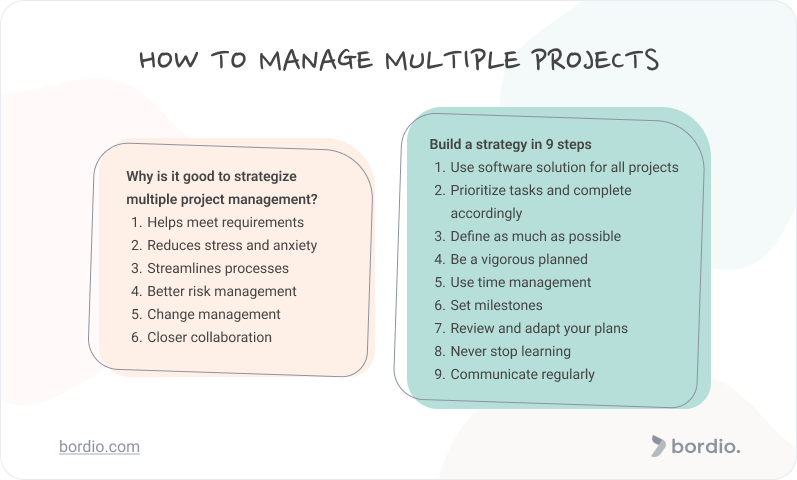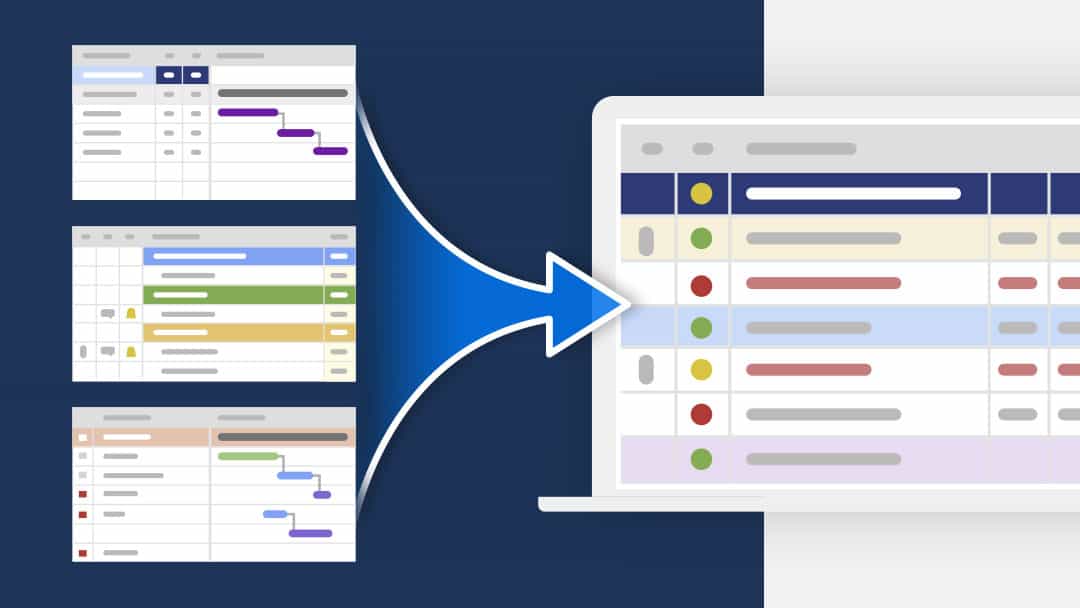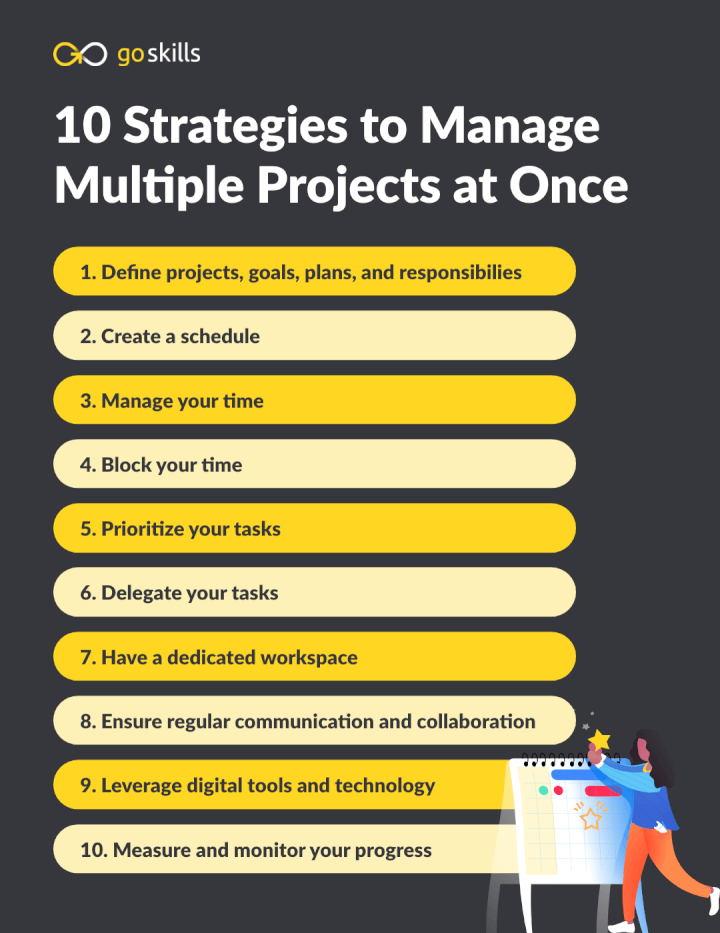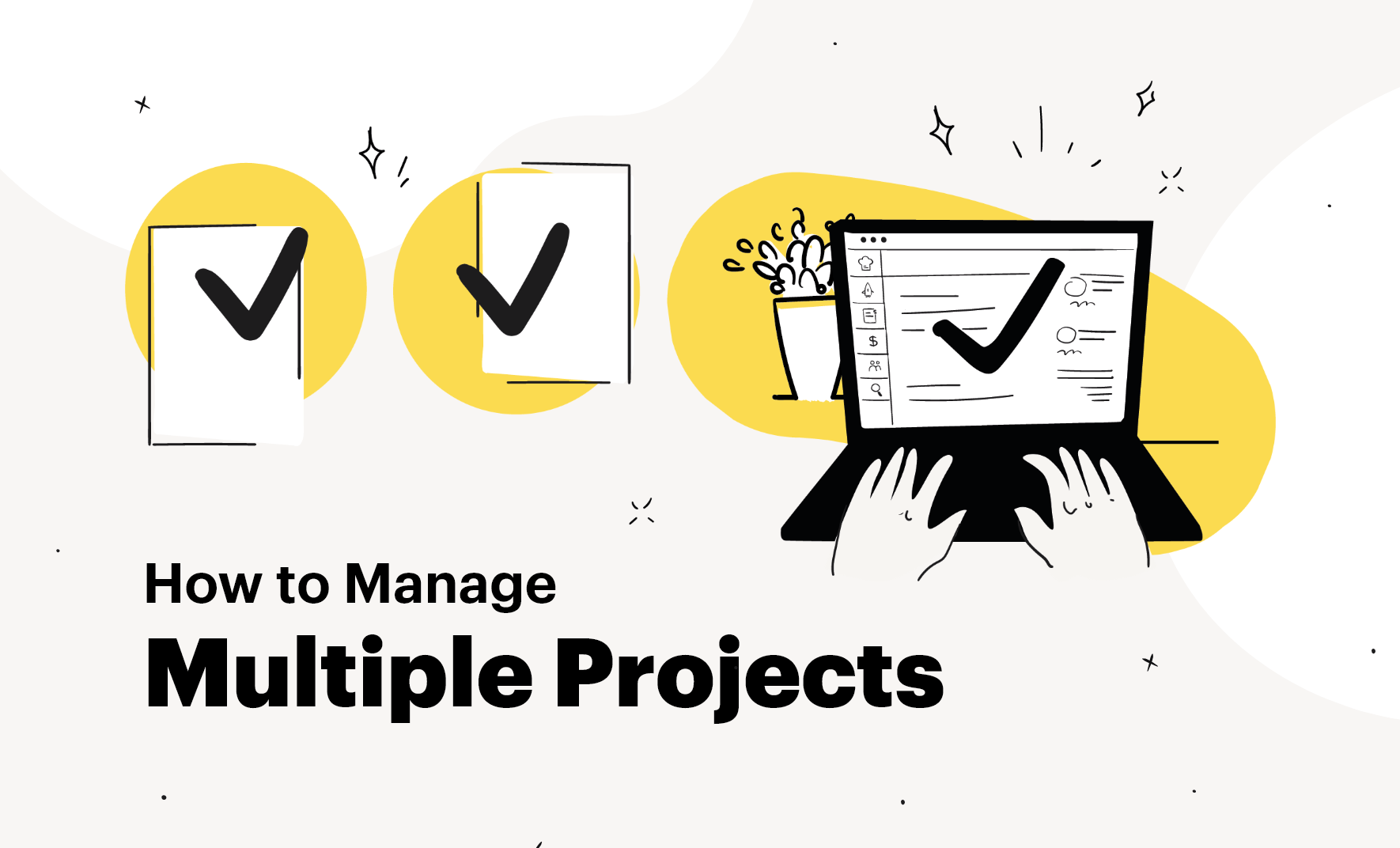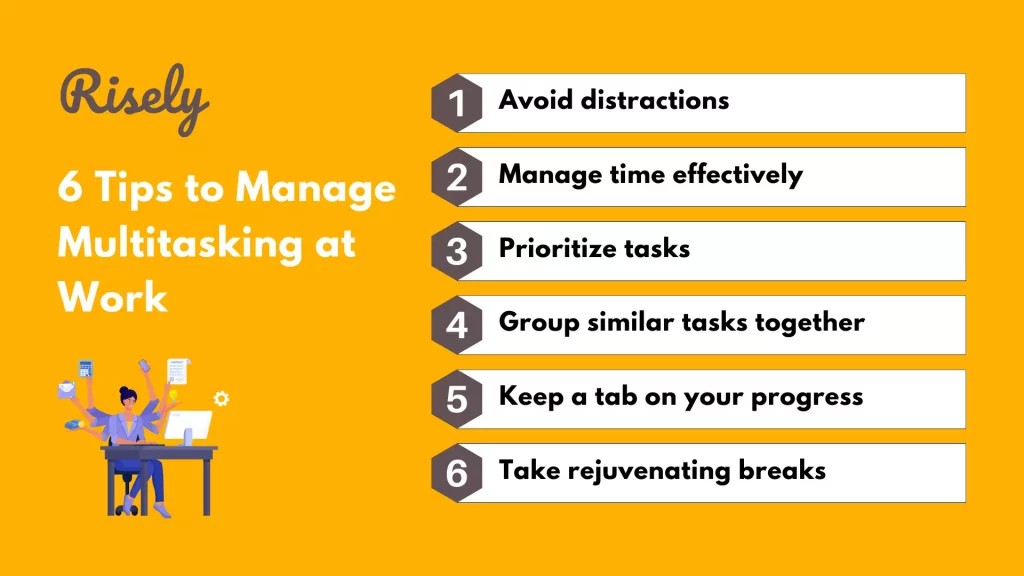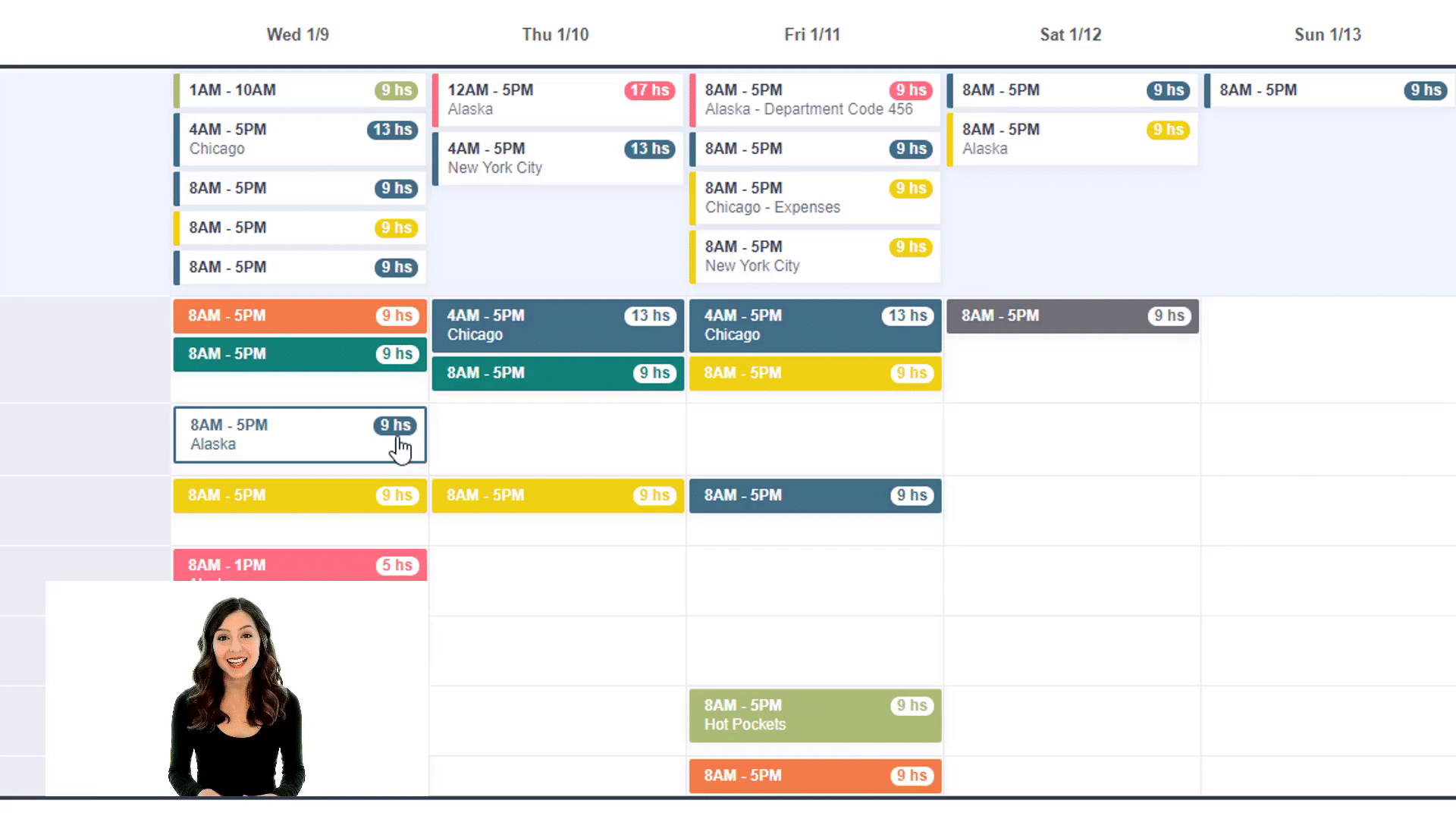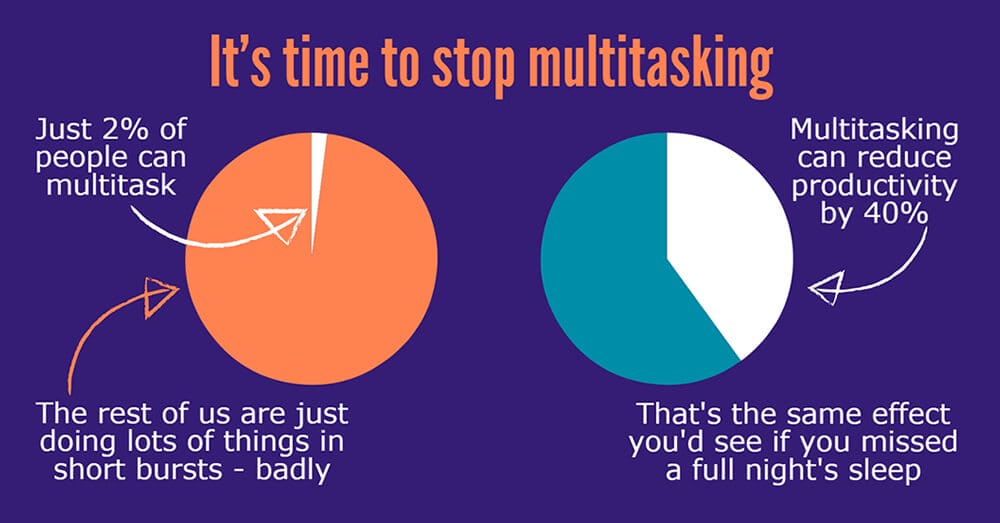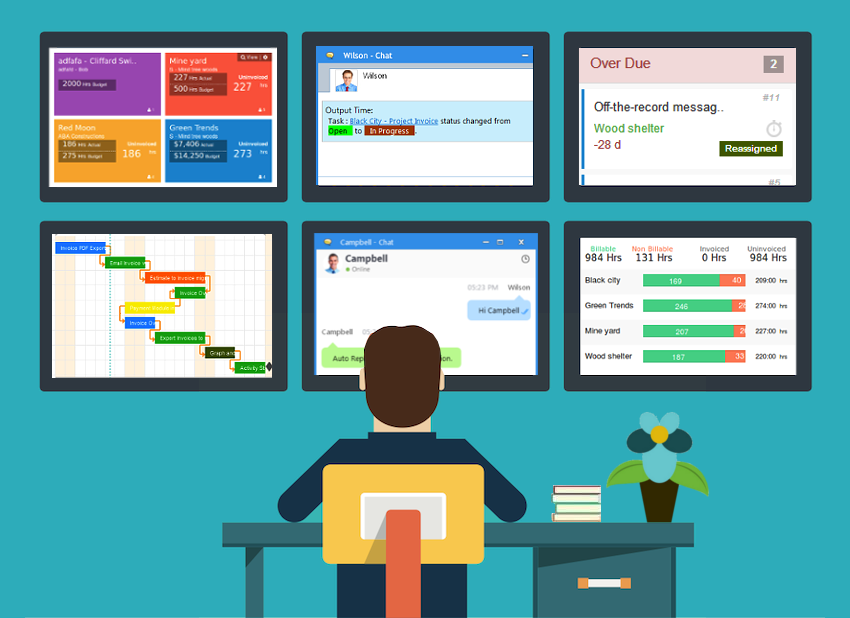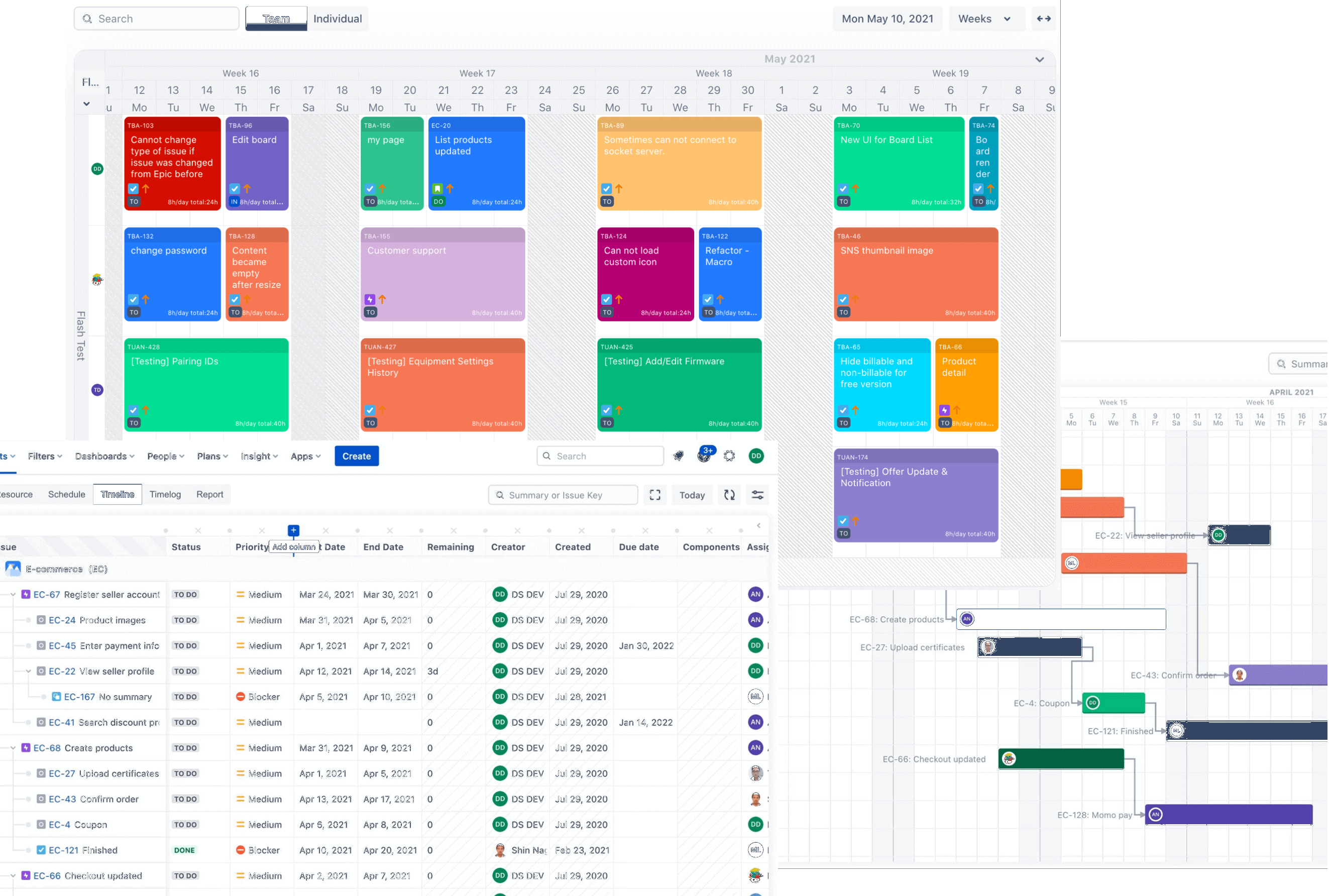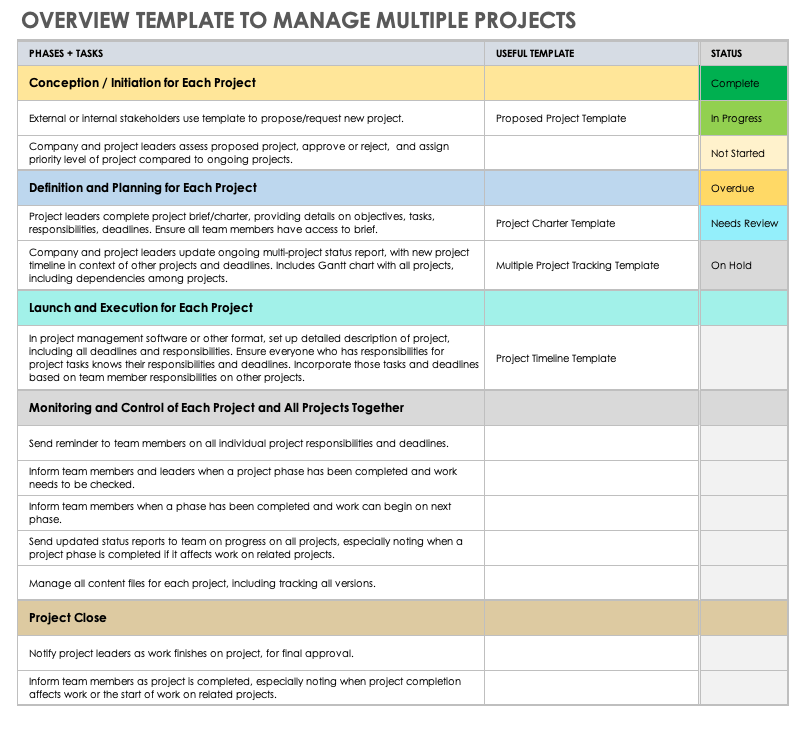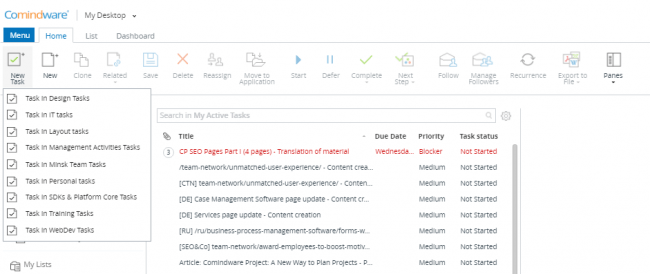How To Manage Multiple Tasks At Once

In today's fast-paced world, juggling multiple tasks has become the norm for many individuals, from students managing coursework to professionals handling various projects. The ability to effectively manage these competing demands is crucial for productivity and overall well-being.
Mastering multitasking, or rather, effective task management, hinges on understanding cognitive limitations and implementing strategies to optimize workflow. This article explores evidence-based techniques to navigate the complexities of managing multiple tasks concurrently, boosting efficiency and reducing stress.
Understanding the Myth of Multitasking
While the term "multitasking" is widely used, cognitive science suggests the brain doesn't truly perform multiple tasks simultaneously. Instead, it rapidly switches focus between tasks, a process known as task switching. This constant switching can lead to decreased attention spans and increased error rates.
Research from institutions like the American Psychological Association indicates that multitasking can reduce productivity by as much as 40%. The energy spent re-orienting oneself to each task adds up, ultimately hindering overall performance.
Strategies for Effective Task Management
Instead of attempting to do everything at once, prioritize tasks based on urgency and importance. The Eisenhower Matrix, which categorizes tasks into urgent/important, not urgent/important, urgent/not important, and not urgent/not important, provides a helpful framework for prioritization.
Time management techniques, such as the Pomodoro Technique, can also improve focus and productivity. This method involves working in focused bursts of 25 minutes, followed by short breaks, to prevent burnout and maintain concentration.
Breaking Down Tasks and Setting Realistic Goals
Large, complex tasks can feel overwhelming. Break them down into smaller, more manageable steps. This approach makes the overall goal less daunting and allows for a sense of accomplishment as each step is completed.
Setting realistic deadlines and avoiding the temptation to overcommit are also crucial. Underestimating the time required for each task can lead to stress and ultimately reduce overall effectiveness. Consider the principles of time blocking by allocating time for certain tasks on your calendar.
Minimizing Distractions and Creating a Focused Environment
External distractions, such as social media notifications and emails, can significantly disrupt focus. Designate specific times for checking emails and social media, and turn off notifications during focused work periods.
Creating a dedicated workspace, free from clutter and distractions, can also promote concentration. Communicate your need for uninterrupted time to colleagues or family members to minimize interruptions.
Utilizing Technology and Tools
Numerous productivity apps and tools are available to aid in task management. Project management software like Asana or Trello can help organize tasks, set deadlines, and track progress.
Note-taking apps, such as Evernote or OneNote, can be used to capture ideas and information quickly, preventing mental clutter. Calendar apps with reminder features ensure that deadlines are met and appointments are kept.
The Human Element: Self-Care and Well-being
Effective task management is not just about productivity; it's also about maintaining overall well-being. Remember to schedule breaks throughout the day to rest and recharge.
Regular exercise, sufficient sleep, and a healthy diet are essential for cognitive function and stress management. Don't underestimate the importance of taking time for activities you enjoy to prevent burnout and maintain a positive outlook.
"It's not about doing more things, it's about doing the right things." - Stephen Covey.
Learning to say "no" to additional commitments is also crucial for managing workload. Overcommitting oneself can lead to stress, decreased productivity, and ultimately, a decline in overall well-being.
Conclusion
Mastering the art of managing multiple tasks requires a strategic approach that prioritizes focus, organization, and self-care. By understanding the limitations of multitasking and implementing effective strategies, individuals can improve their productivity, reduce stress, and achieve a better work-life balance.
While there's no one-size-fits-all solution, experimenting with different techniques and tools will help you discover what works best for your individual needs and preferences. The key is to be mindful, intentional, and adaptable in your approach to task management.


